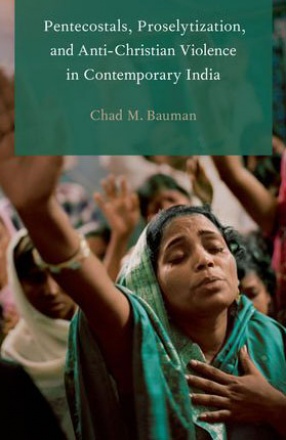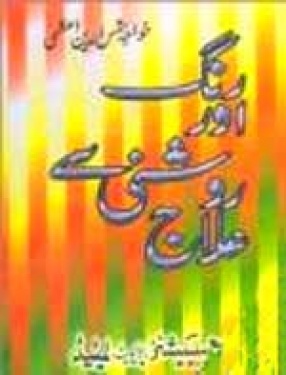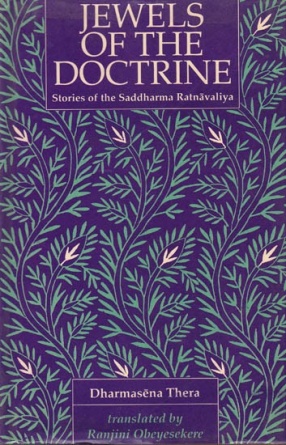Every year, there are several hundred attacks on India’s Christians. These attacks are carried out by violent anti-minority activists, many of them provoked by what they perceive to be Christians’ propensity for aggressive proselytization, and/or by rumored or real conversions to the faith. In this violence, Pentecostal Christians are disproportionately targeted.
Bauman finds that the violence against Pentecostals and Pentecostalized Evangelicals in India is not just a matter of current social, cultural, political, and interreligious dynamics internal to India, but is rather related to identifiable historical trends, as well as to historical and contemporary transnational flows of people, power and ideas.
Based on extensive interviews and ethnographic work, and drawing upon the vast scholarly literature on interreligious violence, Hindu nationalism, and Christianity in India, this volume accounts for this disproportionate targeting through a detailed analysis of Indian Christian history, contemporary Indian politics, Indian social and cultural characteristics, and Pentecostal belief and practice.
While some of the factors in the targeting of Pentecostals are obvious and expected (e.g., their relatively greater evangelical assertiveness), other significant factors are less acknowledged and more surprising, among them the marginalization of Pentecostals by "mainstream" Christians, the social location of Pentecostal Christians, and transnational flows of missionary personnel, theories and funds.
Contents: Introduction. 1. Who are India’s pentecostals?: history, definitions, deliberations. 2. Pentecostalism in the context of Indian history and politics. 3. Where the spirit (of violence) leads: the disproportionate targeting of Indian pentecostals. 4. Force, fraud and inducement?: recuperative conversions and the growth of Indian Christianity. 5. Missions and the pentecostalization of Indian Christianity. Conclusion. Works Cited.





There are no reviews yet.